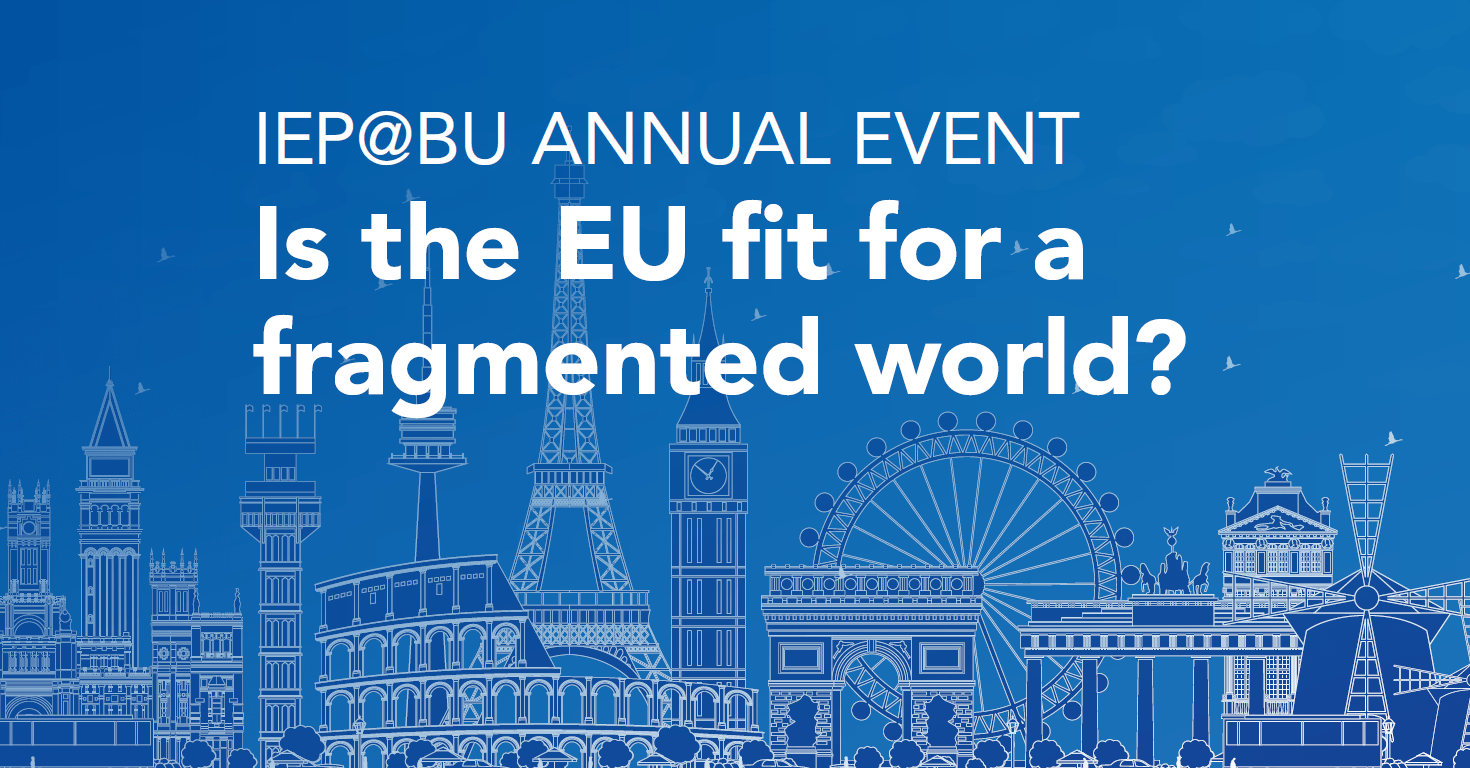Search
IS THE EU FIT FOR A FRAGMENTED WORLD? IEP@BU ANNUAL EVENT
Policy Brief n.18 - The Political Economy of the Capital Markets Union
The Majority Puzzle
A Second Term for Ursula Von der Leyen? The Rocky Road Ahead
Why France Risks Becoming a Major Risk Factor for the EU
How to Deal with Policy Implications of an Aging Population
Who Will Win the European Parliament Election: The Final Forecast
Cunningham Kevin

Kevin Cunningham is a lecturer in politics, political strategist, and pollster. He has worked for a number of political parties, most notably leading the targeting and analytics for UK Labour. Kevin also specialises in the politicisation of immigration and worked for three years as a researcher on an EU-funded project to understand the politicisation of immigration. He runs Ireland Thinks, working principally for state bodies, academics, and political parties.
De Gregorio Giovanni

Giovanni De Gregorio is the PLMJ Chair in Law and Technology at Católica Global School of Law and Católica Lisbon School of Law. He is also a member of the Católica Research Centre for the Future of Law. His research interest deals with constitutional law, human rights, freedom of expression, privacy, and data protection law.
